
This in-depth guide offers a clear look at papillary thyroid cancer, from initial diagnosis and treatment options to long-term prognosis and living well after treatment.

This in-depth guide offers a clear look at papillary thyroid cancer, from initial diagnosis and treatment options to long-term prognosis and living well after treatment.
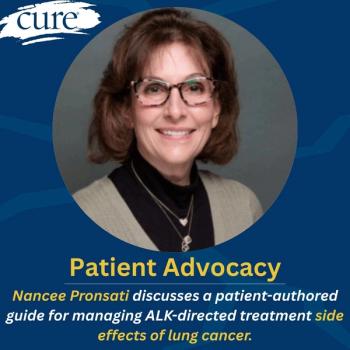
Nancee Pronsati discusses a new patient-authored guide for managing ALK-directed treatment side effects in lung cancer and improving quality of life.
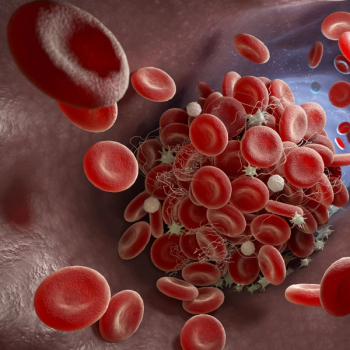
Diagnosed with multiple myeloma? Our guide explains each stage and treatment, helping you engage confidently with your care team.

This guide for newly diagnosed patients provides key information to help you understand your options and have informed conversations with your oncologist.

This comprehensive guide provides essential information to help patients and their families navigate their prostate cancer journey.

Learn about diagnosis, explore your thyroid cancer treatment options and find practical advice for managing side effects and living well after treatment.
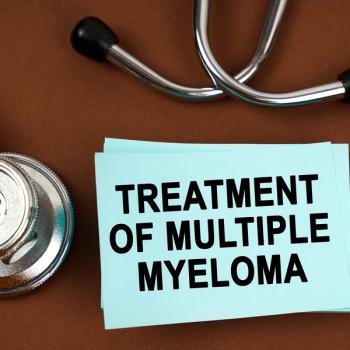
Multiple myeloma is a chronic blood cancer affecting plasma cells, but with today’s treatments, many patients can manage symptoms and live fulfilling lives.

Support and research for epithelioid hemangioendothelioma are growing, with the EHE Foundation helping connect patients to expert care and resources.
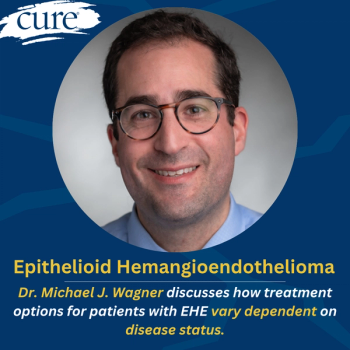
Treatment options for patients with epithelioid hemangioendothelioma vary dependent on disease status, but more therapies are under investigation.

Dr. Michael Wagner covers the basics of epithelioid hemangioendothelioma, a rare vascular cancer, spanning symptoms, diagnosis, treatment options and more.

Kisqali plus aromatase inhibitor improved outcomes across age and menopausal status in early hormone receptor–positive, HER2-negative breast cancer.
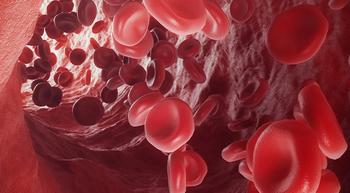
Among patients with heavily pretreated chronic lymphocytic leukemia, treatment with Epkinly monotherapy showed deep responses.
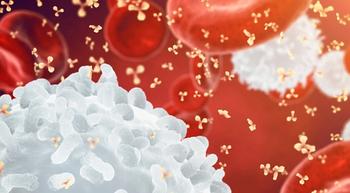
Autologous stem cell transplant plus Rituxan did not improve survival outcomes in certain patients with mantle cell lymphoma compared with Rituxan alone.

PD-L1 expression was found to predict better outcomes with Opdivo and Yervoy in patients with ccRCC, while high KIM-1 levels were linked to worse outcomes.

Findings from the CheckMate 067 of patients with advanced melanoma include the longest follow-up of a checkpoint inhibitor in any tumor type.
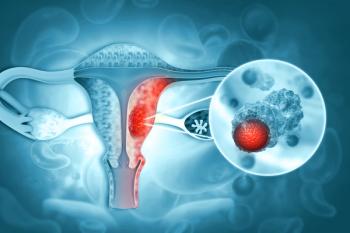
Study findings were mixed regarding the postsurgical combination of Keytruda and chemotherapy with or without radiation among patients with high-risk endometrial cancer.
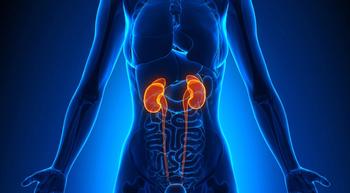
An analysis of more than 500 patients with advanced kidney cancer treated with Welireg broke down the rates of moderate to severe side effects.

Some patients with stage 3 non-small cell lung cancer saw benefits from Opdivo plus chemotherapy followed by surgery then Opdivo, researchers found.

Zanidatamab continued to lead to responses and improved overall survival in pretreated HER2-positive biliary tract cancer.

Eight-year follow-up showed that Tafinlar plus Mekinist continued to improve outcomes for patients with stage 3 melanoma.
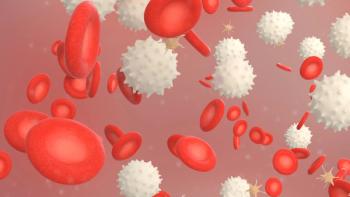
A novel cell therapy demonstrated early efficacy and an acceptable safety profile in patients with graft-versus-host disease undergoing haploidentical stem cell transplantation.
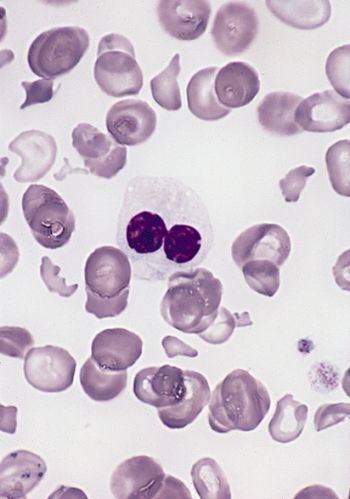
The stem cell thrapy, Orca-T led to promising relapse-free and overall survival rates in patients with intermediate- to high-risk myelodysplastic syndrome.

Presurgical Keytruda Plus Chemo, Postsurgical Keytruda Continued to Show Benefits in in patients with high-risk, early-stage triple-negative breast cancer.

Treatment with Retevmo, compared with Cabometyx or Caprelsa, improved progression-free survival and overall response rate in patients with advanced RET-mutant medullary thyroid cancer who were multikinase inhibitor-naïve.

Mezigdomide plus Velcade and dexamethasone or Kyprolis and dexamethasone showed promising response rates across multiple doses in patients with relapsed or refractory multiple myeloma, research showed.
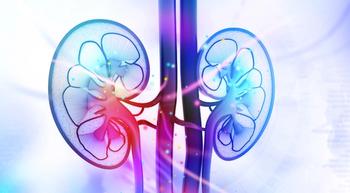
Long-term follow-up data showed that Lenvima plus Keytruda continued to show benefit in patients with metastatic kidney cancer.
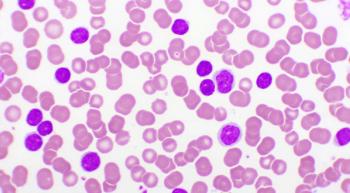
Findings from a phase 3 trial demonstrated that half of patients with FLT3-ITD-mutant acute myeloid leukemia and detectable minimal residual risk derived a relapse-free survival benefit with Xospata.

Jakafi led to improved symptom score and spleen volume reductions in patients with myelofibrosis, regardless of anemia or transfusion status, recent research showed.

Three-fourths of patients with relapsed/refractory B-cell acute lymphoblastic leukemia experienced complete responses — which tended to be durable — when treated with the CAR-T cell therapy, Obe-cel.

Results of the Canadian Cancer Trials Group CX.5/SHAPE trial could lead to surgical de-escalation among patients with cervical cancer.